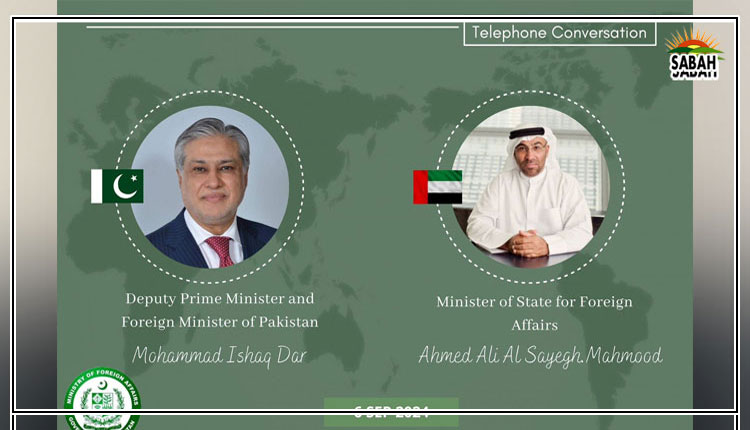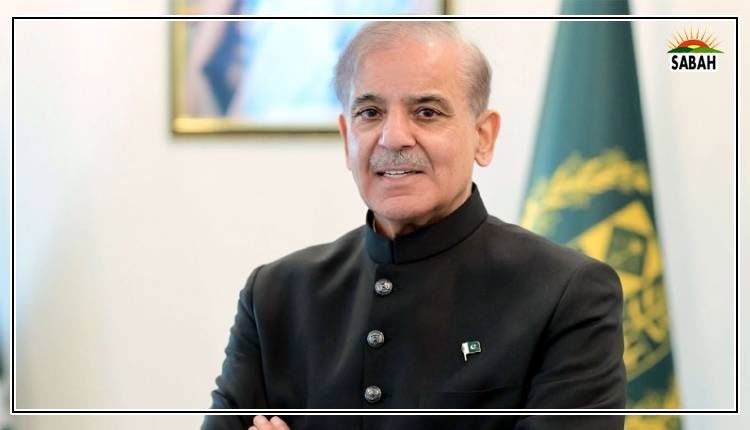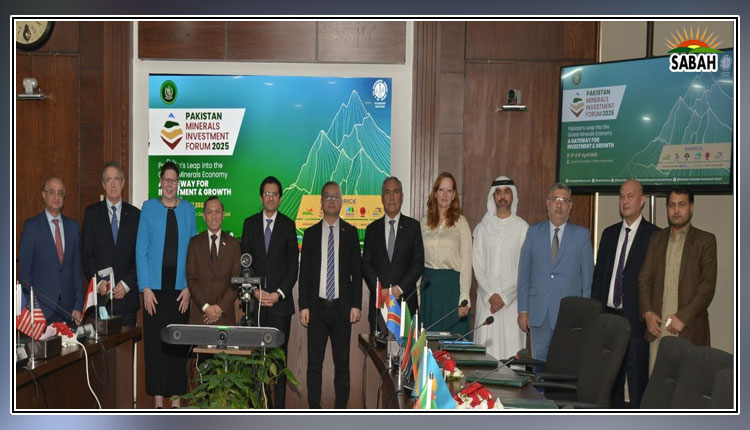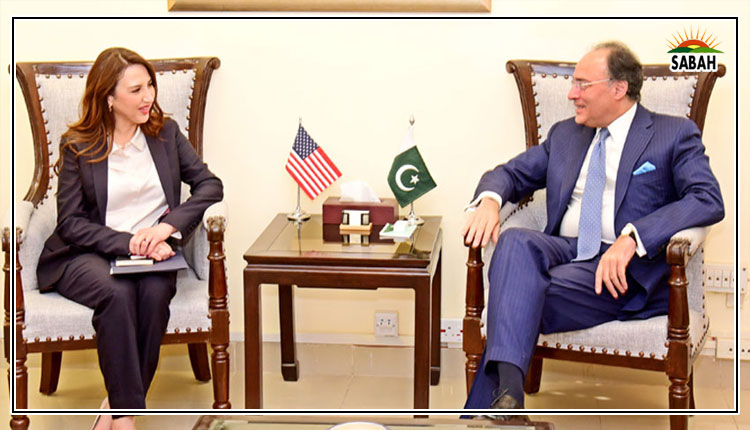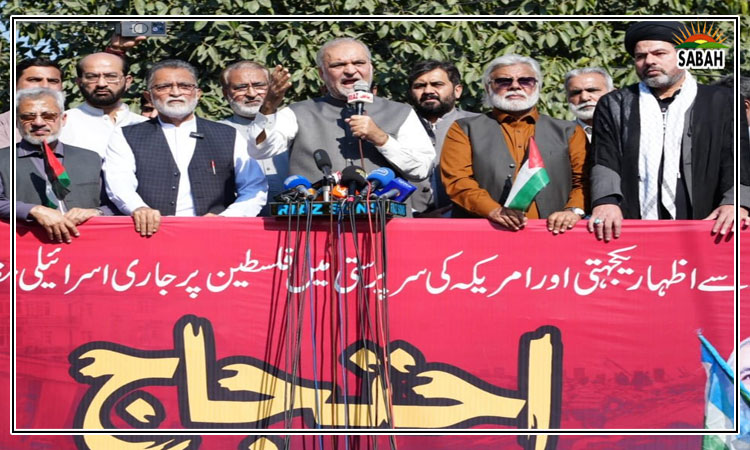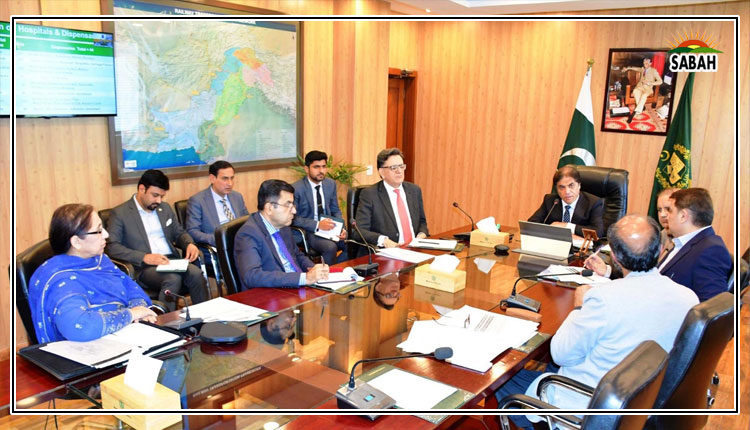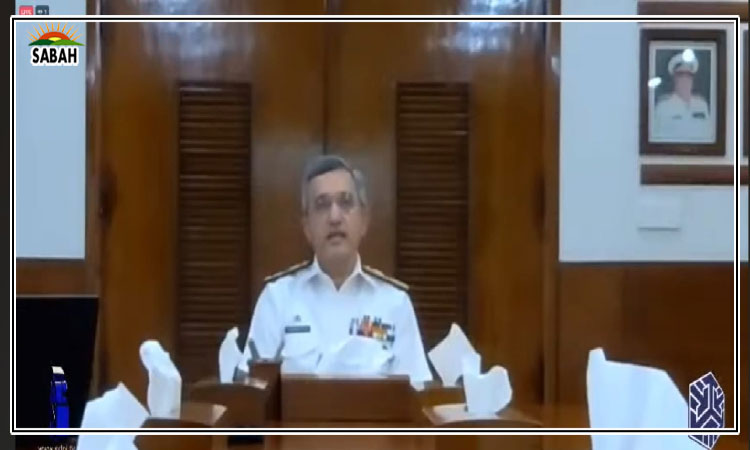We Want Freedom ۔۔۔It Is Our Birth Right…..Sheikh Abdul Momin
The people of Kashmir have been engaged in a struggle for self-determination for over seven decades, asserting their fundamental human right to determine their own political future. This struggle is deeply rooted in resistance to Indian occupation, with its consequences continuing to impact the lives of millions. Kashmiris have consistently rejected Indian governance, seeking only the internationally recognized right of self-determination. Their demand is not just a regional issue but a call for global justice, with significant implications for international law and human rights.
The right to self-determination, a principle enshrined in international law, guarantees a people’s right to freely determine their sovereignty and political status without external interference. For the people of Jammu and Kashmir, this right was explicitly promised through United Nations Security Council (UNSC) resolutions, which called for a free and impartial plebiscite to allow Kashmiris to decide their own future. These resolutions, passed in the aftermath of the 1947 conflict between India and Pakistan over the region, remain unimplemented to this day
The Kashmir dispute is not merely a bilateral issue between India and Pakistan; it is fundamentally about the aspirations and rights of the Kashmiri people. Despite clear, internationally recognized commitments, India has consistently denied Kashmiris their right to self-determination. This denial represents a persistent injustice, particularly given India’s claim to be the world’s largest democracy. At the core of democracy lies the will of the people; thus, the refusal to grant such a fundamental right undermines the very principles India professes to uphold.
India’s denial of the right to self-determination for the people of Kashmir represents a clear violation of the UN Charter. The Charter unequivocally upholds the right to self-determination for all peoples, making India’s stance not only morally questionable but also legally indefensible. As a member of the international community, India is obligated to honor these global commitments, yet it has consistently disregarded them in the case of Kashmir. This ongoing conflict has already claimed thousands of lives, underscoring the urgent need for India to comply with its international responsibilities and seek a peaceful resolution that respects the fundamental rights of the Kashmiri people.
The international community must recognize that India’s occupation of Kashmir is not merely a regional issue but a global concern. Denying an entire population their basic rights is a flagrant violation of international norms and the principles of human rights law. India’s legal obligations extend beyond its borders, and the world must hold it accountable for its actions. It is imperative that the international community demands an end to this ongoing injustice and ensures that the people of Kashmir are granted the rights they are entitled to under international law.
Pakistan has consistently supported the right to self-determination for the people of Kashmir, advocating for a resolution aligned with the aspirations of the Kashmiri people and in accordance with relevant UN resolutions.
In contrast, India’s response to these demands has been marked by heavy militarization and harsh crackdowns on dissent. Over the years, this has transformed Kashmir into one of the most militarized regions in the world, with hundreds of thousands of Indian troops deployed in the area. The use of extrajudicial killings, enforced disappearances, and widespread human rights violations has become a frequent method of suppressing the voices of Kashmiris.However, history has demonstrated that militarization cannot extinguish the desire for freedom. The resolve of the Kashmiri people remains undeterred, their determination unwavering in their pursuit of the inalienable right to self-determination. Despite growing up in conflict, generations of Kashmiris continue to resist, driven by the firm belief in the eventual triumph of justice.The international community can no longer ignore the plight of the Kashmiri people. It is time for the world to fulfill the promises made through UN Security Council resolutions by granting Kashmiris their right to self-determination. This is no longer just a political issue but a moral imperative.Global forums must exert pressure on India to honor its commitments and allow the people of Kashmir to decide their own future. The delay in delivering justice is no longer acceptable. The patience of the Kashmiri people has been tested for far too long, and their demand for self-determination can no longer be sidelined. The world must now take a definitive stand, supporting Kashmir’s quest for justice, freedom, and peace.
The Writer is currently working at legal Forum for Kashmir (LFK)


